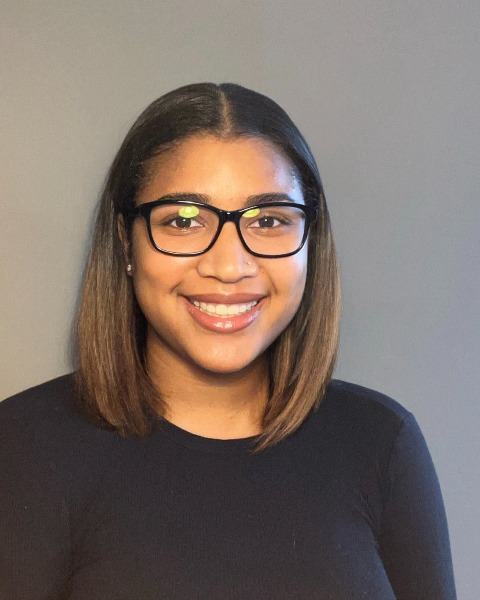Youth Focused Evaluation
“Barrier Removal + Trust = Impact – The Winning Formula for Baltimore’s Youth”
-

Kayla Jones, MHS (she/her/hers)
Project Manager of Data and Evaluation
Family League of Baltimore
Nottingham, Maryland, United States -

Tracey Estep, MPA (she/her/hers)
Sr. Officer of Operations and Programming
Mayor's Office of African American Male Engagement
Baltimore, Maryland, United States
Presenter(s)
Location: Room 202
Abstract Information: Family League of Baltimore and our partners are practicing removing barriers for Baltimore’s youth in two ways. First, by finding new ways to evaluate and demonstrate program success and second, by using funds to support “barrier removal” activities that help them participate in programming. In a city where building trust is essential to increasing participation, Baltimore Brothers, Inc., KEYS Empowers, Inc., and the Mayor’s Office of African American Male Engagement are few among many Baltimore-based programs that first seek to mitigate barriers for the City’s youth before expecting their full program participation. These youth include young men, youth 16-24 who are not in school or work, and youth that squeegee. Although these programs are required to report on performance measures set by their funders, we will get to hear success stories they used to show the impact that is possible when they were able to use funds for barrier removal for their participating youth, including providing stipends and assistance with obtaining essential documentation. After this session, evaluators and stakeholders will walk away with an idea of how to gain trust and buy-in from their participants and show program impact when required performance measures and outcomes are not met and don’t tell the entire story.
Relevance Statement: As a Local Management Board for Baltimore City, our organization has a duty to report to funders on the work of programs and demonstrate how adequate funding leads to better outcomes. And as evaluators, we have a commitment to thoroughly tell the story of a program’s impact on their target population. However, in a city like Baltimore, trust is often broken by large organizations that uphold this power dynamic. Performance measures are often developed and required by funders without the buy-in from the partnering organizations that are required to adopt and collect data on these outcomes. Historically, our duty to report back to funders and our commitment to effectively convey the program’s success leaves us at a standstill when participant trust remains broken. And telling one’s story is sometimes difficult in instances where performance measures and outcomes are not met. While evaluators often rely on both quantitative and qualitative data to tell a story, funders rely on quantitative metrics. When sensitive populations are being served, quantitative data alone is not enough to tell the story of program impact and success. This session will walk participants through the steps of a few youth-serving organizations within Baltimore City that used grant funds to first remove immediate barriers for youth to gain trust and thus tell the story of impact. Session attendees will hear from an evaluator from Family League of Baltimore and our partners regarding the success stories used to show program impact after barriers are removed from Baltimore City’s youth. After this session, evaluators and stakeholders will walk away with an idea of how to gain trust and buy-in from their participants and show their program's impact when required performance measures and outcomes are not met.
